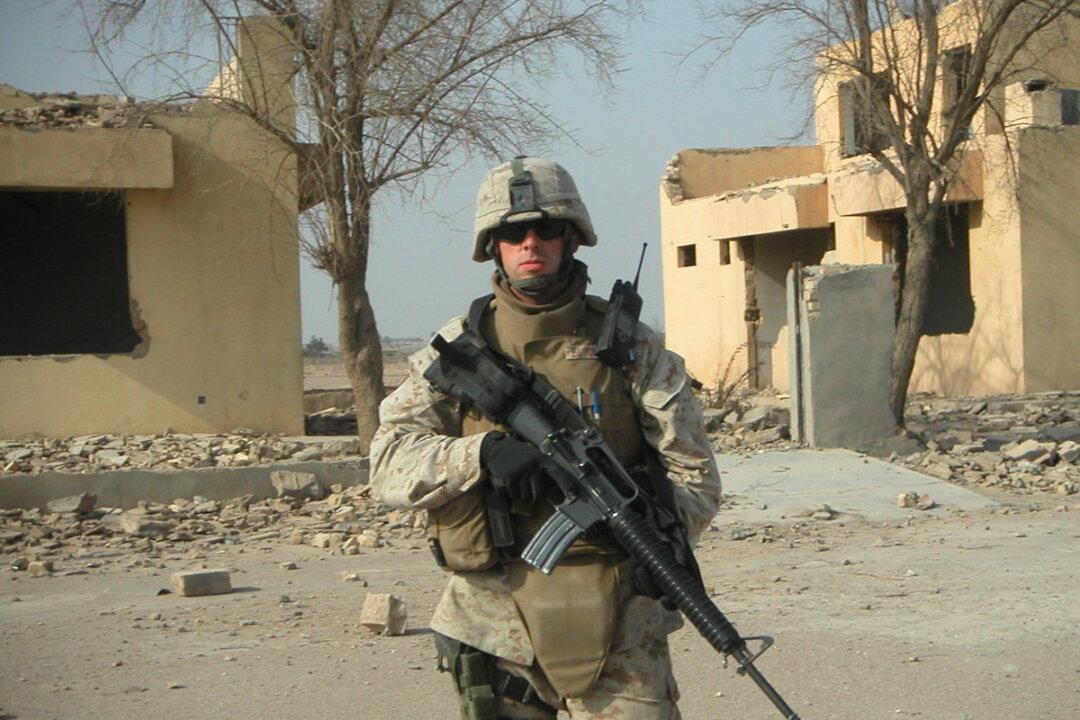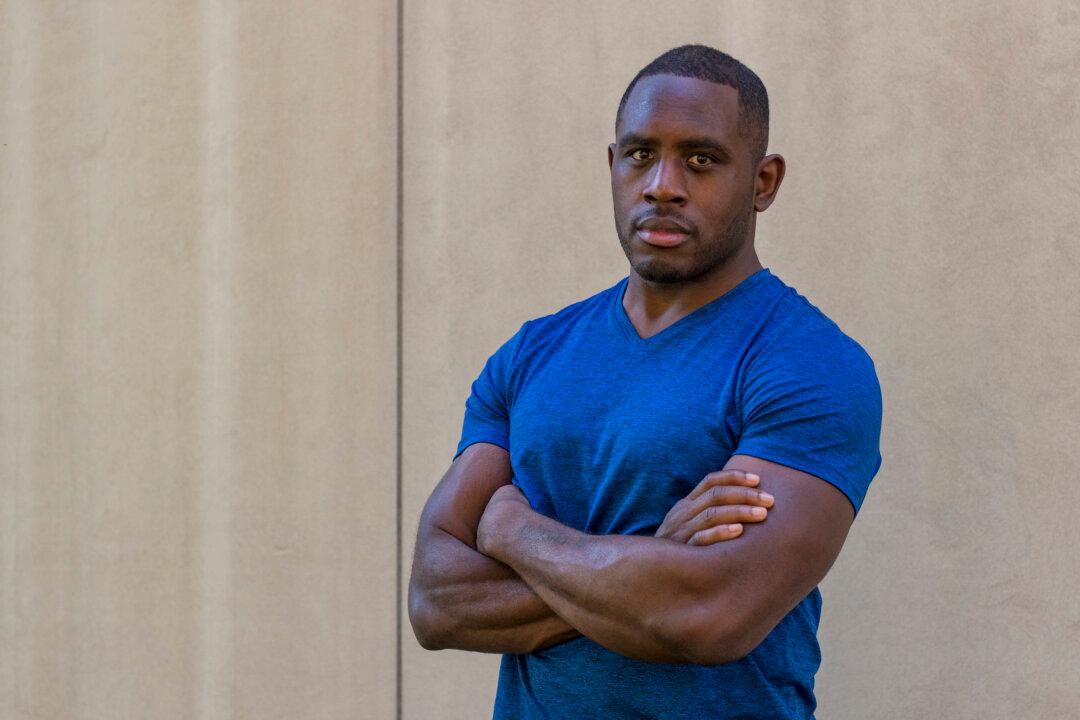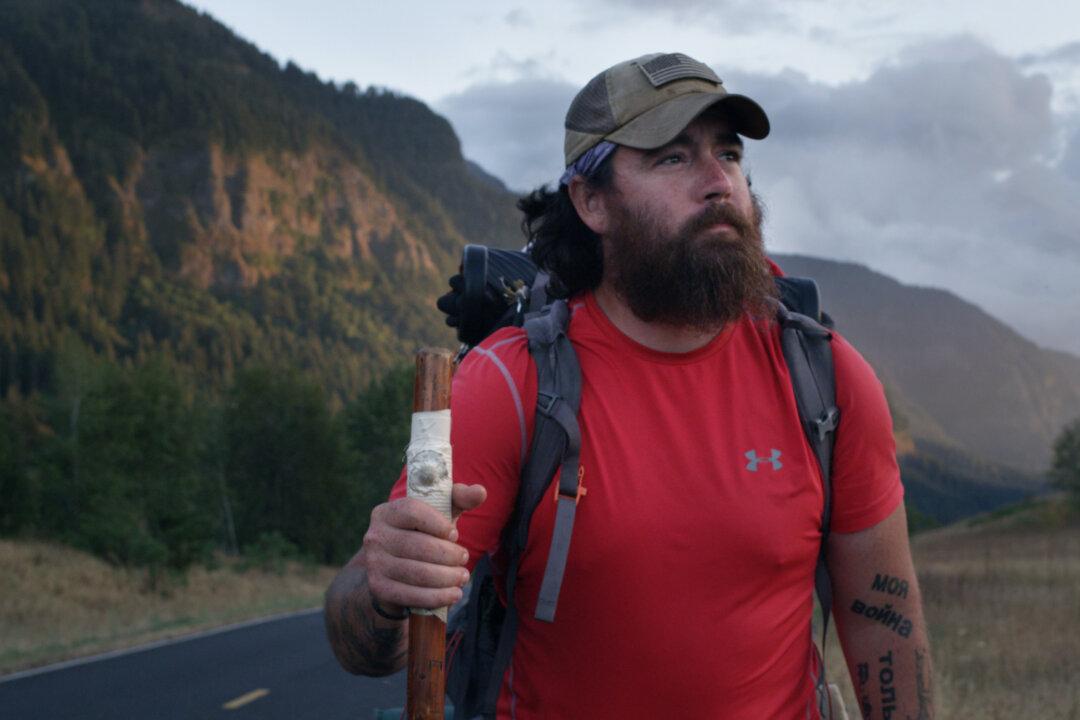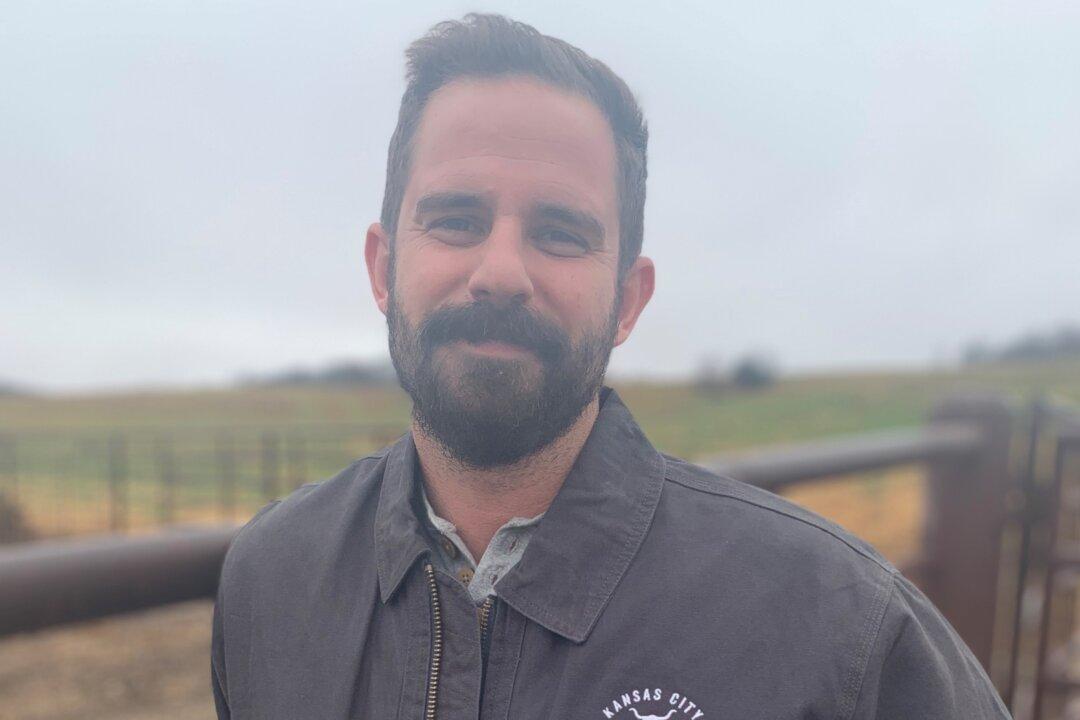A lot of political, social, and economic progress has been made in this country’s history. However, core virtues and values that have made the both the individual and society great may be getting lost.
The Epoch Times had the opportunity to speak with three United States military veterans on the principles they learned in boot camp and on deployment, and how everyone is capable of applying these principles to lead a virtuous, successful, and happy life.






